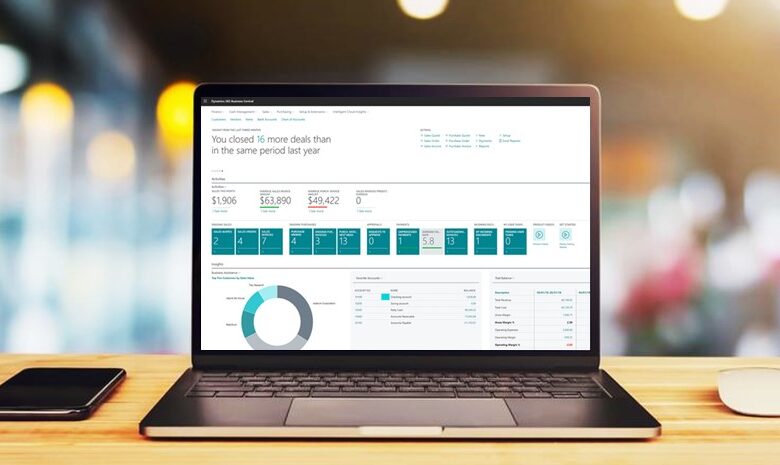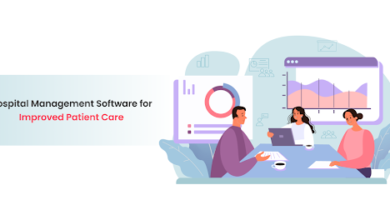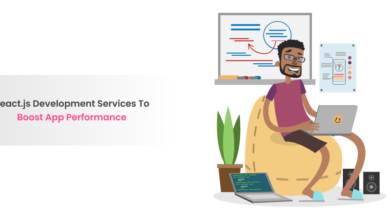A Comprehensive Guide on How to Become Business Central Developers

Introduction
In today’s rapidly evolving business world, technology plays an essential portion in driving growth and efficiency. Microsoft Dynamics 365 Trade Central stands out as a driving enterprise resource planning (ERP) solution, engaging organizations to streamline their operations, manage accounts, and cultivate development. Behind the victory of Business Central lie talented developers who get its intricacies and can tailor it to meet particular business needs. If you’re interested in the prospect of becoming a Trade Central developer, this comprehensive guide will navigate you through the essential steps to set out on this rewarding journey.
Business Central developers are tasked with customizing, extending, and optimizing the usefulness of the platform to adjust to diverse business requirements. Their responsibilities may incorporate creating new features, integrating third-party applications, and troubleshooting issues within the Business Central environment.
The Skills and Qualification to become Business Central Developers include:
Prerequisites and Foundation Skills
Becoming proficient in Business Central development requires a strong establishment in various technologies and concepts. Here are the key prerequisites and establishment skills to get started:
1. Familiarity with Microsoft Dynamics 365:
Start by gaining a thorough understanding of Microsoft Flow 365 ecosystem, including its architecture, modules, and capabilities. Familiarize yourself with the center functionalities of Business Central and its role in driving digital change for businesses.
2. Programming Languages:
Business Central development primarily revolves around programming languages such as AL (Application Language) and C/AL (Client/Server Application Language). Capability in these languages is basic for customizing and extending Business Central functionalities.
3. Database Management:
Since Business Central relies on a database to store and manage data, nature with database management systems, especially Microsoft SQL Server, is beneficial. Learn how to plan, query, and optimize databases to enhance the performance of Trade Central solutions.
4. Web Development Technologies:
Understanding web development technologies such as HTML, CSS, and JavaScript is advantageous for creating client interfacing, customizing formats, and enhancing the client involvement within Business Central.
5. Problem-Solving Skills:
Business Central developers often experience complex commerce challenges that require analytical considering and problem-solving skills. Develop your ability to analyze requirements, identify solutions, and execute viable strategies to address business needs.
Qualifications
While formal education isn’t mandatory for becoming a Business Central designer, pursuing important courses and certifications can significantly quicken your learning curve and improve your credentials. Consider the following educational paths:
Bachelor’s Degree in Computer Science or Information Technology:
A bachelor’s degree in computer science or a related field gives a solid foundation in programming, software development, and computer systems, which are important for a career in Business Central improvement.
Microsoft Certification Programs:
- Microsoft offers a range of certification programs tailored to Dynamics 365 and Trade Central. Consider pursuing certifications such as Microsoft Certified:
- Dynamics 365 Trade Central Functional Consultant Associate or Microsoft Certified:
- Dynamics 365 Business Central Developer Relate to validate your expertise and validity in Business Central development.
Online Courses and Tutorials:
Explore online learning platforms such as Microsoft Learn, Udemy, and Coursera, which offer plenty of courses and tutorials covering different perspectives of Business Central development. These resources give flexibility and availability, allowing you to learn at your claim pace.
Hands-On Experience and Projects
Hands-on experience is indispensable for acquiring Business Central development skills and gaining practical insights into real-world scenarios. Lock in the following activities to construct your experience:
1. Internships and Freelance Projects:
Seek internships or freelance openings that permit you to work on Trade Central projects under the guidance of experienced experts. Practical experience not only reinforces your specialized skills but also provides exposure to distinctive industry spaces and business requirements.
2. Personal Projects and Sandbox Environments:
Set up a sandbox environment or use trial versions of Business Central to try with customization, expansion, and development assignments. Make personal projects or contribute to open-source activities to apply your skills in a viable context and construct a portfolio of work.
3. Collaboration and Networking:
Connect online gatherings, communities, and developer groups dedicated to Commerce Central development. Engage in discussions, share your data, and collaborate with peers on ventures or challenges. Organizing with fellow developers and industry specialists can open doors to new opportunities and valuable insights.
Conclusion
Becoming a proficient Business Central developer requires a mix of specialized mastery, viable experience, and a commitment to long-lasting learning. By obtaining the fundamental capacities, seeking critical education and certifications, picking up hands-on experience, and remaining abreast of industry designs, you can set out on a rewarding career journey in Business Central development. Remember that success in this field isn’t just about acing tools and advances but also about understanding trade elements, solving issues creatively, and conveying esteem to organizations leveraging Microsoft Dynamics 365 Business Central. So, roll up your sleeves, grasp the challenges, and embark on your way to becoming a skilled Business Central developer.
FAQS
Q1: What does a Business Central developer do?
A Business Central designer is responsible for customizing, expanding, and optimizing the functionality of the Commerce Central platform to meet specific trade requirements. They plan and develop solutions utilizing programming languages such as AL (Application Language) and C/AL (Client/Server Application Language), coordinated third-party applications, and troubleshoot issues within the Business Central environment.
Q2: What skills are required to become a Business Central developer?
To become a proficient Business Central developer, you need a strong foundation in programming languages such as AL and C/AL, database management (especially Microsoft SQL Server), web advancement advances (HTML, CSS, JavaScript), and problem-solving aptitudes. Additionally, the nature of the Microsoft Dynamics 365 environment and business forms is beneficial.
Q3: How can I gain hands-on experience in Business Central development?
You can pick up hands-on experience in Business Central development by partaking in internships, freelance ventures, personal ventures, and contributing to open-source initiatives. Setting up a sandbox environment or leveraging trial forms of Business Central allows you to explore customization, extension, and development tasks.





